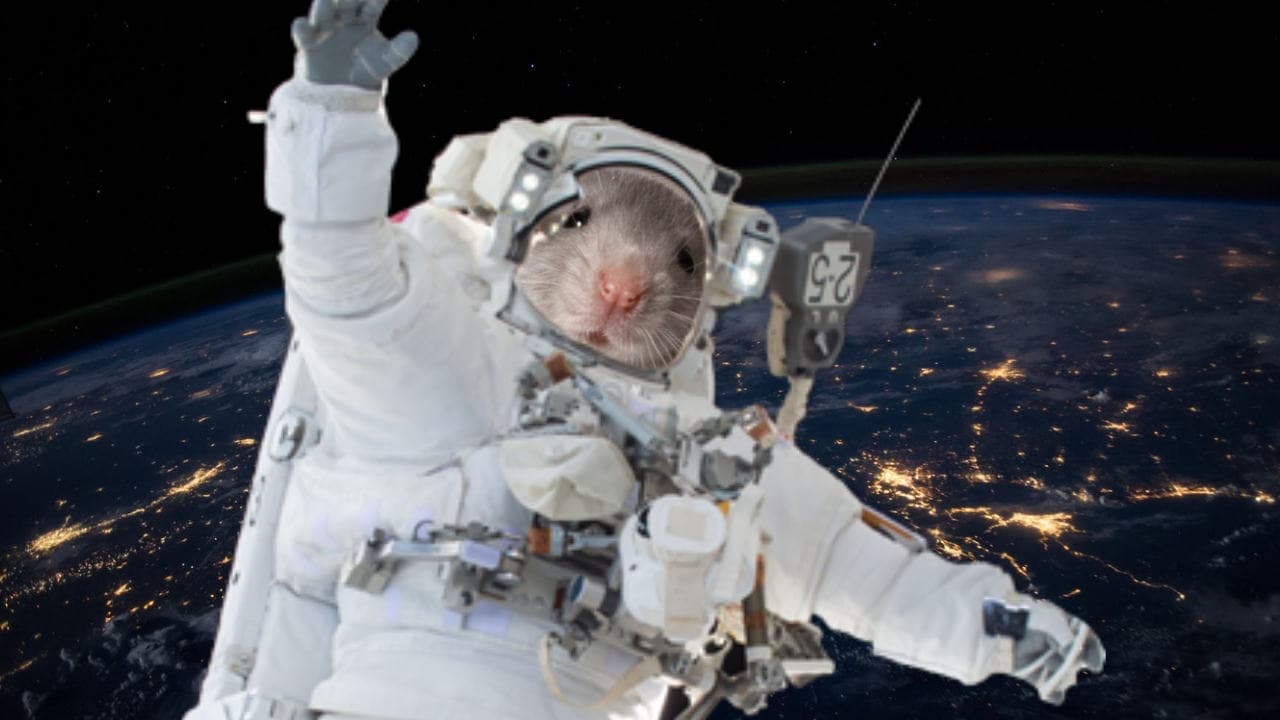FP TrendingNov 05, 2020 13:34:16 IST
Japan’s space agency had sent a group of mice to space to learn about the effect that space has on their bodies, in an effort to monitor and control these changes. Travelling in space is known to induce changes in humans – akin to a fast-forward version of what happens to people during the natural ageing process – the results of the experiment can give answers in the field of anti-ageing or slowing down effects of ageing.
The team tested what effect inducing the protein NRF2 has in the mice. While half of the twelve mice sent to the International Space Station in 2018 had the Nuclear factor erythroid 2-related factor 2 (NRF2), the other six were genetically engineered to not have the same Nrf2 gene. The protein made from this gene regulates adaptive responses against various environmental stresses. It is also known to prevent several ailments like cancer and diabetic complications.

Representational image. Tech2
In the study led by Japan Aerospace Exploration Agency (JAXA) with Tohoku University, the mice were sent to space aboard the SpaceX Falcon rocket, after which they spent 31 days in space. During the spaceflight, all the mice were treated in an identical fashion, and fed the same food. However, upon returning, the scientists saw that the mice which did not have Nrf2 experienced some changes in their blood components which can be likened to the changes that humans go through during ageing. All the mice were healthy before the trip, however the mice sans the protein, stopped putting on weight while in space.
Astronauts that spend any time in space, but certainly months at a stretch, risk the chance of being exposed to harmful radiation, which increases risk of cancers and damage to the central nervous system. This is comparable with some of the processes involved in ageing, with the key difference being the speed of these changes. Experts are of the opinion that Nrf2 has the answer of shielding the hazards of going to space and ultimately ageing.
Masayuki Yamamoto, medical biochemistry professor at Tohoku University, told Kyodo News, “the results highlight the significance of the role Nrf2 plays in cushioning the impact of space-derived stress”.
The study has been published in the journal Communications Biology in September.
Post a Comment